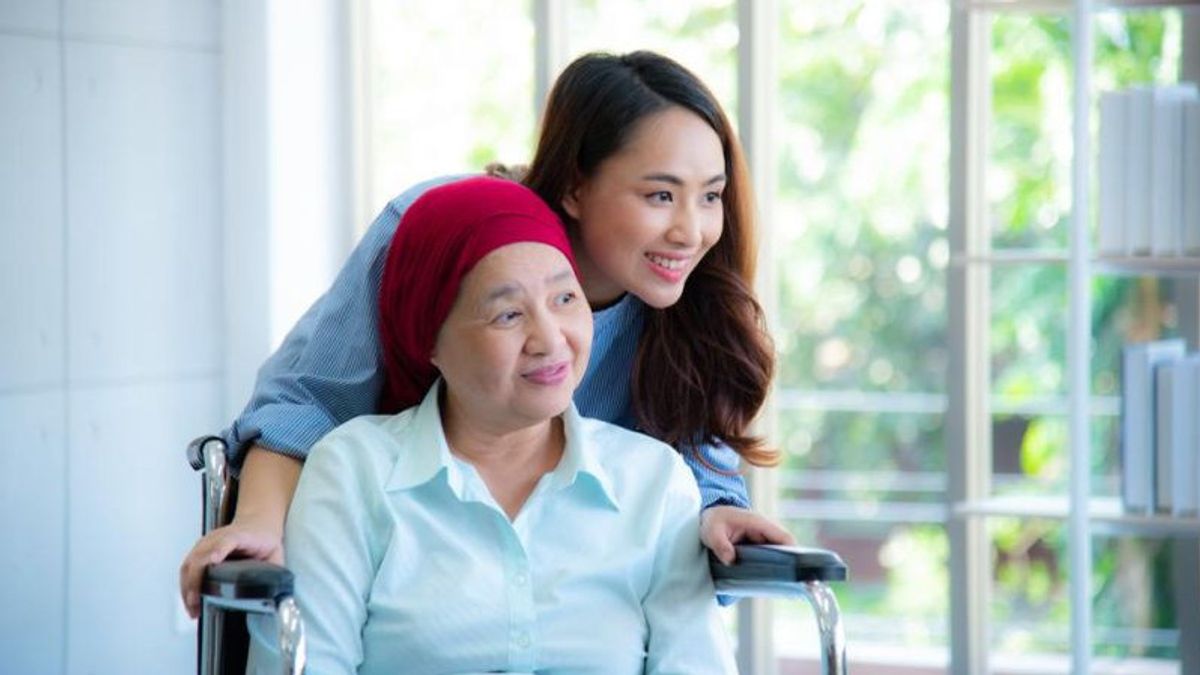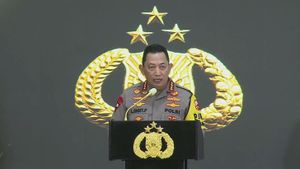JAKARTA - Even though they have been declared cured of cancer, survivors still need health care that is a little different. Because of this, a survivor care plan (health care plan) is urgently needed by empowering survivors and health service providers to work together to meet the care needs of the transitional period.
"The life transition after completing cancer treatment for survivors takes longer, therefore, a survivor care plan is urgently needed by empowering survivors and health service providers to work together to meet the care needs of this transitional period," said the Medical Quality Manager of Good Doctor Technology Indonesia Dr. Elizabeth C. Palar, as quoted from ANTARA, Thursday, February 16.
The plan or scheme will contain cancer records and medical history, up to further examinations or tests needed in the future. In addition, it can also list the possible long-term effects of treatment, as well as plans for staying healthy.
"In carrying out treatment for cancer survivors, it is mandatory to have a record containing a summary of treatment and plans for future survival care," she said.
The contents of the notes from the survivor care plan include a summary of care for cancer survivors which includes diagnostic and treatment information such as the type of cancer, severity (stage, grade, or risk group), date of diagnosis, and pathology reports.
There is also the type of treatment received, including the names and doses of all drugs, as well as the total number and location of radiation therapy received.
Next is a survivorship care plan, namely a survival care plan or survivorship, also known as a follow-up care plan that is indeed developed for each survivor. This survivorship treatment will be based on the type of cancer and the treatment received.
For example, some people may need to return for visits every month for the first year after they finish treatment. But there are also some who may not need to come back that often.
Survivor care plans can be supported by utilizing telemedicine services. Dr. Elizabeth shared her experience doing teleconsultation with cancer patients who had finished chemotherapy and were experiencing nausea and vomiting.
"Cancer patients who are still undergoing treatment can also do teleconsultation through the Good Doctor application. We will provide the best directions in accordance with the medical rules that we have," said dr. Elizabeth.
Directions regarding drugs that can be consumed temporarily to relieve symptoms, next steps that need to be taken, as well as providing mental peace to patients so that treatment can run smoothly and patients can recover, she added.
A nasopharyngeal cancer survivor, Clara Sambudiono, said she also used telemedicine services for her health care, especially during the COVID-19 pandemic.
"Especially during a pandemic, I used teleconsultation services at telemedicine," she said.
The English, Chinese, Japanese, Arabic, and French versions are automatically generated by the AI. So there may still be inaccuracies in translating, please always see Indonesian as our main language. (system supported by DigitalSiber.id)









